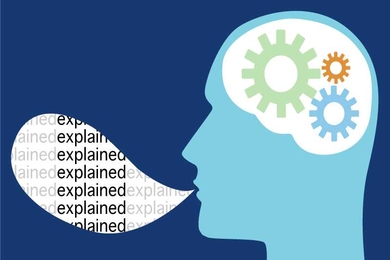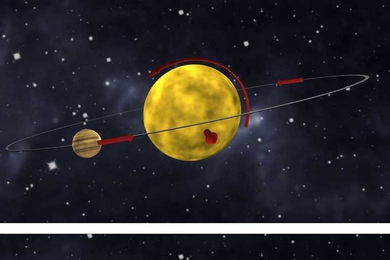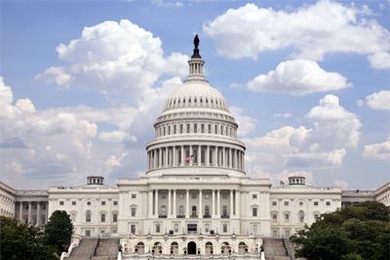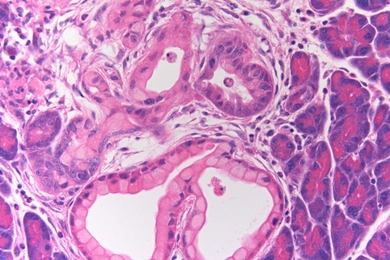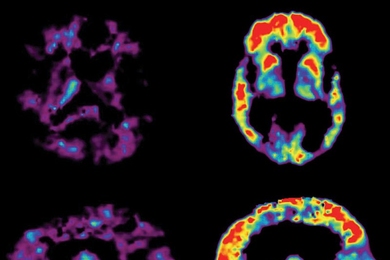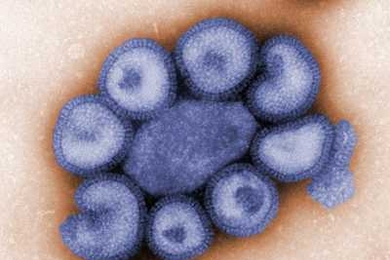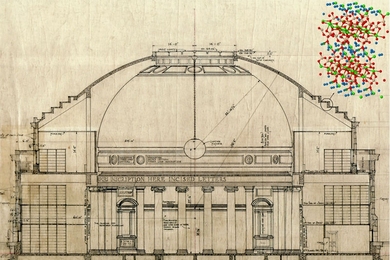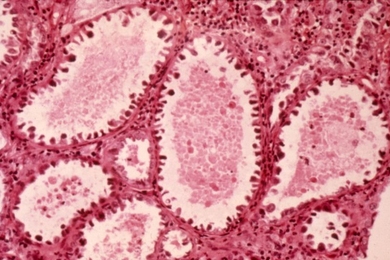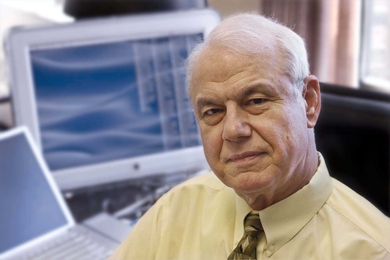Explained: RNA interference
Exploiting the recently discovered mechanism could allow biologists to develop disease treatments by shutting down specific genes.
A faraway planet intrigues
An exoplanet with an extremely tilted orbit raises new interest in stellar astronomy.
3 Questions: Sergey Paltsev on the costs of climate-change legislation
MIT’s Joint Program on the Science and Policy of Global Change has pegged the annual cost of the proposed cap-and-trade legislation in Congress at $400 per U.S. household. But estimating the cost of doing nothing is far more difficult.
The math gap
MIT economists find a new reason to think that environment, not innate ability, determines how well girls do in math class
Possible origins of pancreatic cancer revealed
Tumors can arise from different cell types in the pancreas, depending on the circumstances, according to MIT cancer biologists.
Back to (brain) basics
MIT neuroscientists are using their knowledge of the brain to generate promising treatments for autism, mental retardation and Alzheimer’s disease.
More jabs needed
Study suggests that vaccinating many more people could slow the seasonal influenza virus's ability to evade vaccines.
New methods are changing old materials
Computational approach to materials science could bring new properties even to familiar substances such as concrete and steel
Energy researchers find Obama an eager student
In the President's visit to MIT labs he showed keen interest, quick understanding and warm appreciation, say his hosts
Cancer research gets physical
5-year grant from the National Cancer Institute will fund projects by physicists that give a new view of cancer cells.
Porkolab to receive Maxwell Prize
Prof. Miklos Porkolab will receive the Maxwell Prize for Plasma Physics on November 4, during a meeting of the American Physical Society - Division of Plasma Physics.
